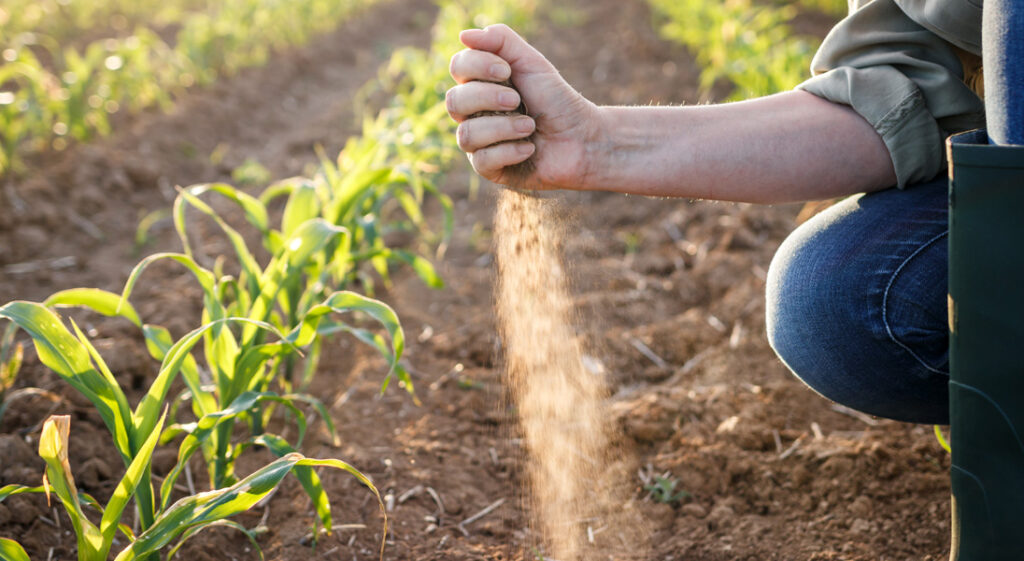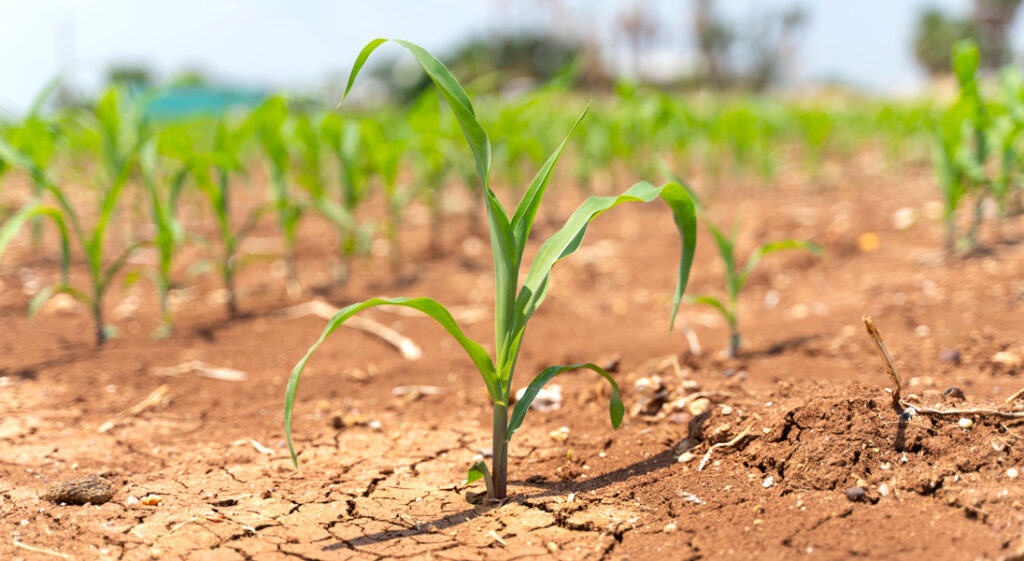The global food security challenges we're facing
Global food security is facing huge challenges. Currently, in 2022, about 829 million people are undernourished.
Food security, defined by the United Nations’ Committee of World Food Security, means that all people, at all times, have physical, social and economic access to sufficient, safe and nutritious food that meets their food preferences and dietary needs for an active and healthy lifestyle. Furthermore, the individuals involved in this food production are able to earn adequate wages.
Our food system includes production, processing, distribution, marketing, acquisition and finally the consumption of food. Some things that can affect this include:
- A growing population – more demand for adequate food
- Rising food prices – pushes a higher portion of the population into poverty, unable to eat nutritiously
- Climate change – altering food growing conditions. Weather conditions become unpredictable and there is an increasing likelihood of destructve weather events. Altered climate conditions will also affect the incidence and distribution of pests and pathogens that can severely affect crop yield

In particular, the world is witnessing efforts to increase food security being reversed by recent events such as the COVID-19 pandemic and the escalation of conflicts, such as the war in Ukraine. These events have altered many aspects of the food system, from production to consumption, and have culminated in supply chain disruptions and the subsequent record rise in food prices and essential commodities needed in food production. In most countries, food price inflation has exceeded overall inflation. The most affected commodities are wheat, maize, edible oils and fertilisers.
The agricultural price of maize in June 2022, for example, has increased by 47% compared to January 2021.
This is highlighting the vulnerabilities and inadequacies of our food systems and demands solutions that are able to navigate a huge number of considerations. Some of the key considerations of particular interest to the researchers at Maxstim are as follows:
- Sustainable for the planet – More than ever we’re aware of the impact of human actions on the environment. With rising temperatures and substantial pollution already an issue, the health of our soil, reducing food waste and low emission alternatives to current practices are a necessity
- Decreasing agricultural space – As the population grows, so too does urban development. Humans will be competing for space as habitable land decreases due to rising sea levels, and certain areas become useless for agriculture due to the climate. To ensure food security, the crop yields of nutritionally dense foods must increase to supply the demand for adequate nutrition for healthy living
- Water scarcity – Adequate water availability and quality to support the human population is a growing constraint for many agricultural regions. The agricultural industry is the largest global water user; it is an essential component in the production of crops and livestock, and in the processing and preparation of these foods. Increasing water scarcity will prove a huge challenge in the face of further water demands with potential to severely limit crop productivity
- Less access to fertiliser products – Russia and Belarus are key exporters of fertilisers meaning prices have jumped to unaffordable levels in recent months. This may reduce access for growers and impact crop yields across many regions. However, the acquisition of fertiliser components requires mining, an activity that is an additional cost for the environment. When combined with the impact its use in the agricultural industry has with regards to water pollution, destruction of biodiversity, the degrading of soil health, it’s clear a delicate and balanced solution is required for the sustainability of the human population and its health, and the health of the planet.
Within this myriad of factors, each requiring careful consideration, biostimulants have an important role to play in aiding the future of global food security.

